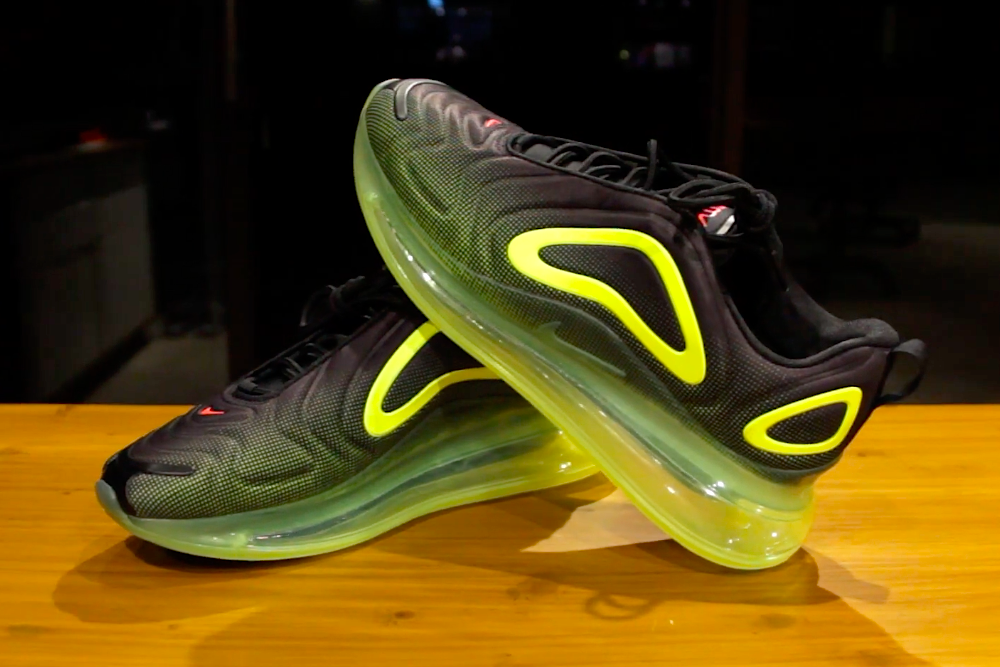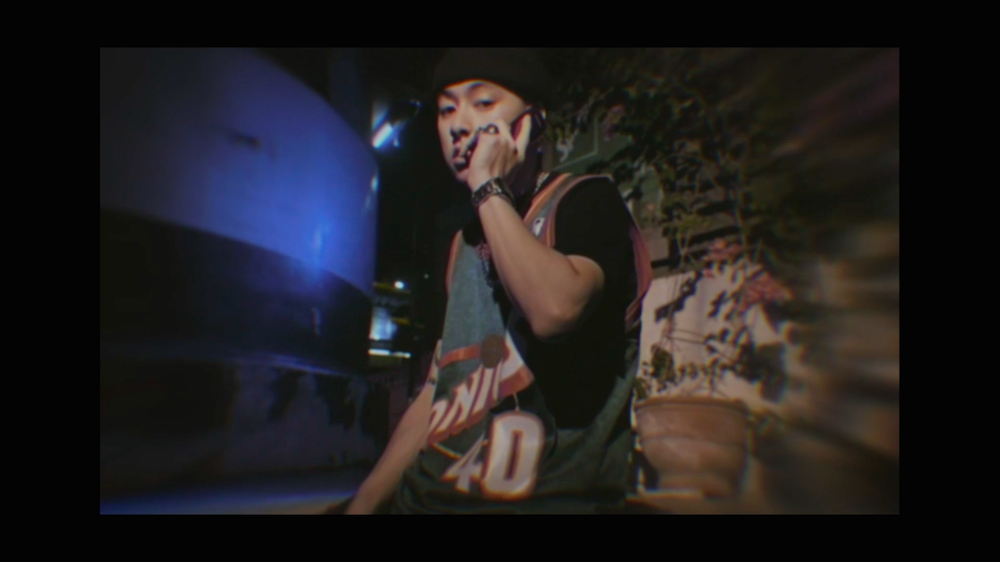The art of the mural often resides in compromise. Giant public paintings that thousands of people need to see and live with every day already require a sensitivity that gallery art is free from. Throw in government bureaucracy and conservative landlords and an artist’s options dwindle even further. But it’s a challenge that the Low Bros relish. This German street art super duo are well versed in these challenges and what they’ve learned along the way has even influenced their personal works.

Recently the brothers came to our side of town for the HKwalls festival and immediately ran into hurdles. Their final piece, a tranquil swimming pool with 64-bit objects, early 90s computer app windows, and wild pixelation was not their original plan but one that took some rushed and nervous negotiation. When they landed, they found out that the wall they originally planned to paint had been canceled and they would need to come up with a whole new sketch at the last minute which would then need approval. Something as simple as wet floor signs became hurdles, with the owner, whose building housed a public pool, complaining that they sent a negative message. But after some negotiation, Low Bros settled on smiley face signs and got the green light in time to finish the mural on schedule. Turns out that they have now started incorporating the smiley faces into more recent works too. “Shout out to the owner for collaborating!” laughs Flo, one of the two Low Bros. “It’s like a little acid rave object.”

The pair have certainly become accustomed to this type of give and take, since they are constantly flying around the world painting murals in different cities and countries. And while they have concerns about these limitations, they also see a bright side. Coming up in the ranks of the German graffiti scene in the 90s, they placed a high value on painting wherever and whatever they want. “We see a little bit the danger of all these curated festivals,” Flo continues. “It’s hard for organizers to get the walls, to get permission from house owners or cities. The more pleasing things that are created the easier it gets. So artists adapt to that.”

Then again, he’s mindful of the residents and workers who will have to see the paintings on the daily: “You don’t have to be super progressive and fuck up the people who live in this area, but you can also, as I said, challenge them a little bit.”

“People grew up differently and learned different things about what is right,” his brother Chris adds. “As an artist, you need to try and understand other people’s positions. To not make the mistake of just presenting your opinion. The work must be something where anyone can find something in it for themselves.”




